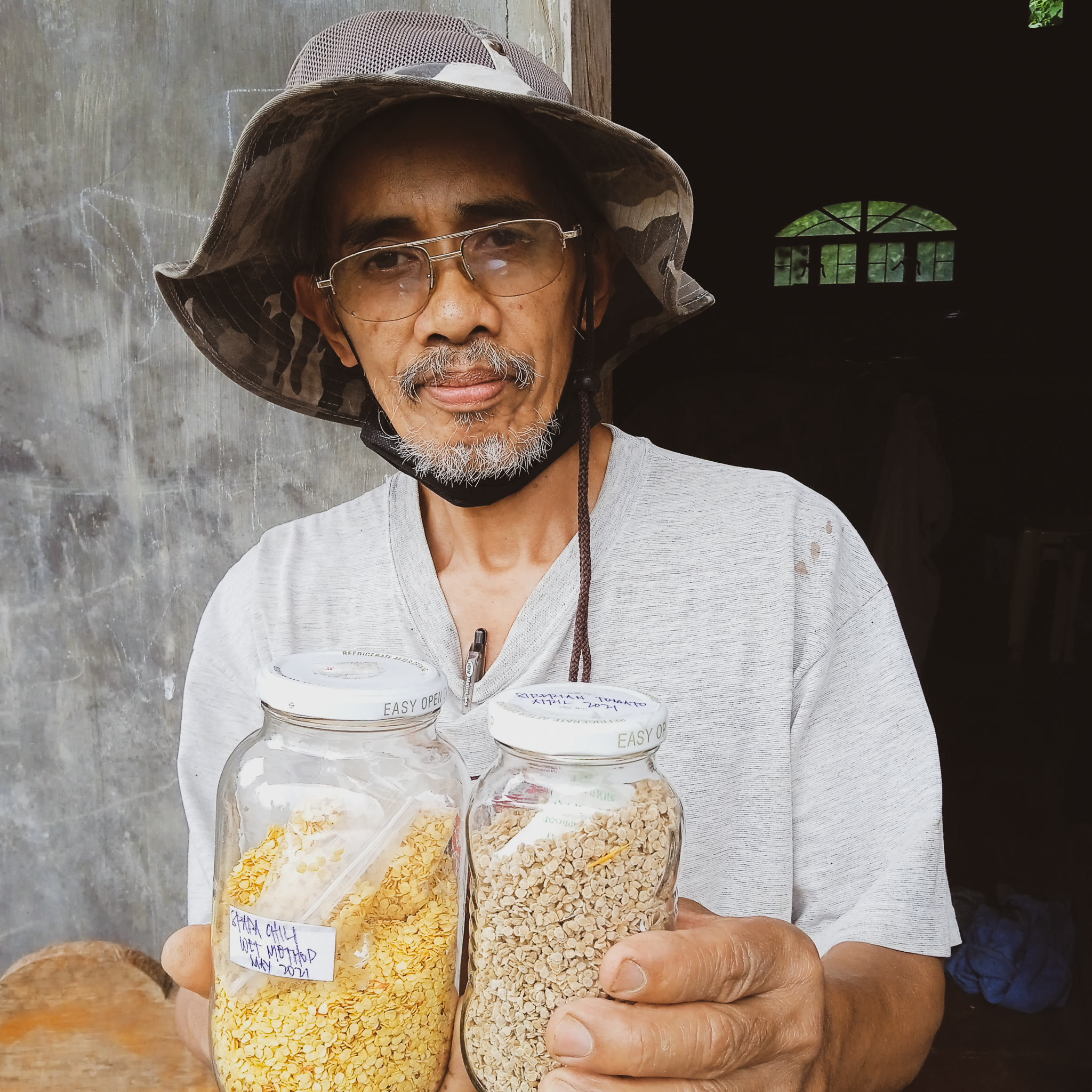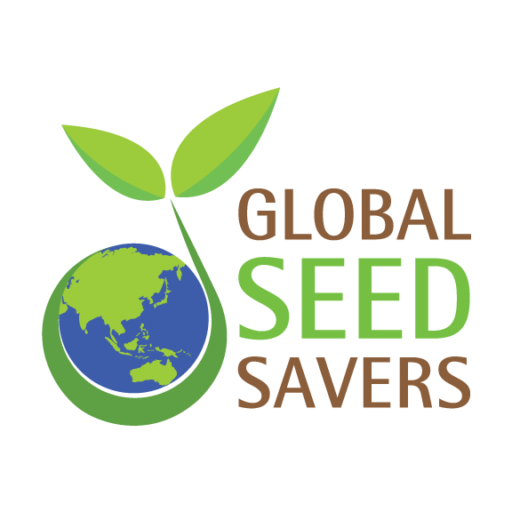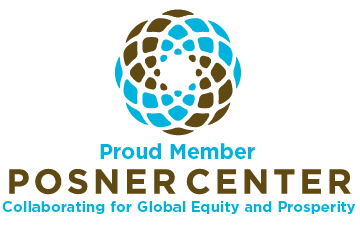Securing our future through seeds
Seed in the hands of farmers
“The seed in its essence is all of the past evolution of the Earth, the evolution of human history, and the potential for future evolution. The seed is the embodiment of culture because culture shaped the seed with careful selection—women picked the best, diversified. It is the ultimate expression of life, and in our language, it means ‘that from which life arises on its own, forever and ever and ever'”.
~ Vandana Shiva
15th Anniversary Video (2025)
Farmers Trained
Seed libraries established
Seed Varieties saved
Why Seed Saving?
The tradition and practice of saving seeds is deeply rooted in the land, the people, and communities that steward and share seed and their stories.
Global Seed Savers is honored to work side by side with many of the 110 ethnolinguistic Indigenous Peoples groups and non-indigenous peoples of the Philippines. Who, despite years of colonization and structural oppression that continue to this day, remain steadfast in their resistance and commitment to keeping their cultural traditions, languages, and practices alive. Seed Saving is one major piece of this continued struggle!
Our Values
Diversity and Inclusivity
Unity in diversity and equal opportunity for all. It doesn’t matter who you are, or where you are from.
Equitable Partnerships
We do not exploit our beneficiaries and partners. We respect independence and autonomy.
Respect for human rights and collective rights
All human beings have equal rights. Respect people with dignity and kindness, especially the sector we work with, the farmers.
Care for the earth
Do not harm our ecology, environment, and ecosystem.
cultural understanding
Respect for local knowledge and belief systems, customs, and traditions.
Social accountability
We are transparent in all our dealings. We are accountable to our beneficiaries, partners, and donors.
Sense of community and learning
We are a family of like-minded individuals. We learn from each other and we value constructive criticism.

"As traditional farmers, we want to contribute to the protection of our environment and support food security."
CESAR GALVEY
Benguet Association
of Seed Savers
Philippines Address
#3 First Road, Quezon Hill, Baguio City
Our staff also work remotely from various parts of the Philippines (Benguet, Cebu).
To contact our Philippines team, fill up this contact form.
US Address
Located at
The Posner Center
for International Development
1031 33rd Street, Ste. 174
Denver, CO 80205
info@globalseedsavers.org
Our US offices are based in Denver, Colorado, which is the land of the Cheyenne and Arapaho and 48 other Indigenous Tribes and Nations who call Colorado home. They are the original Stewards of this stolen land and it is because of their successes and continued hardships that we are able to engage in our collective work of restoring the indigenous practice of saving seeds.


